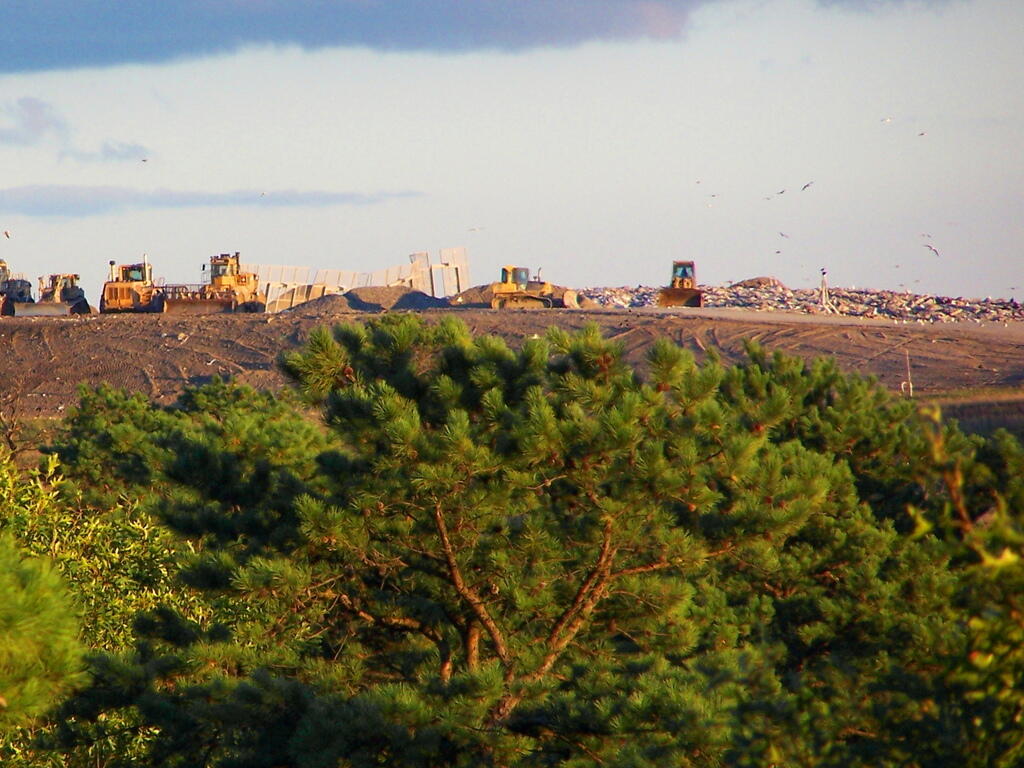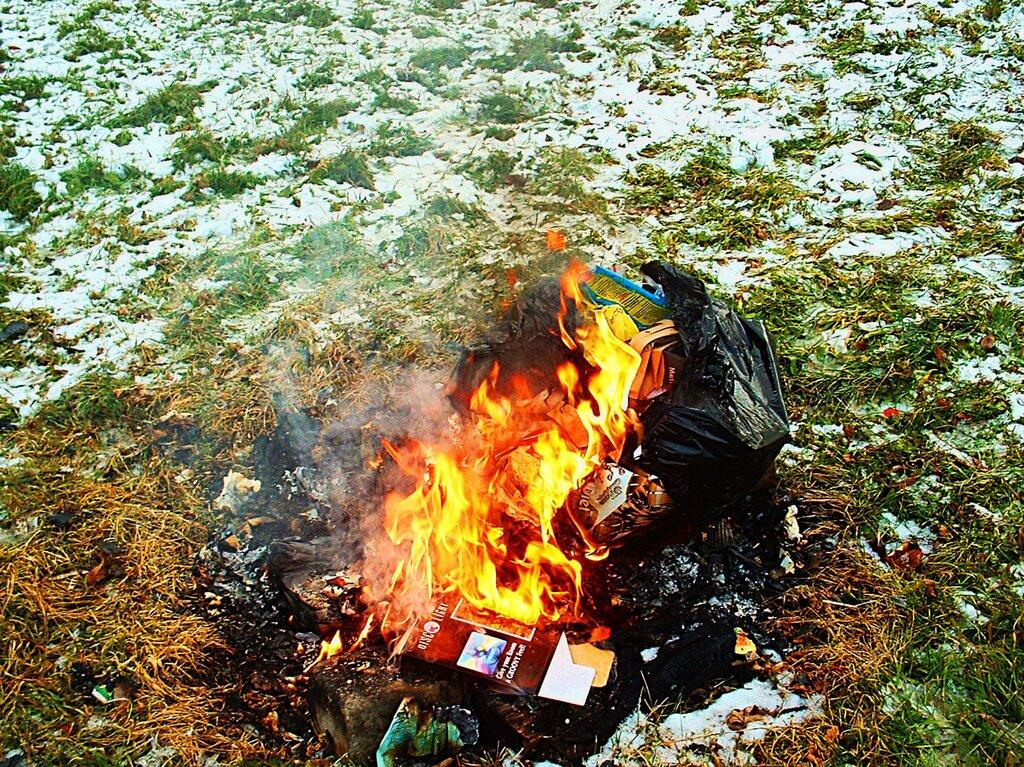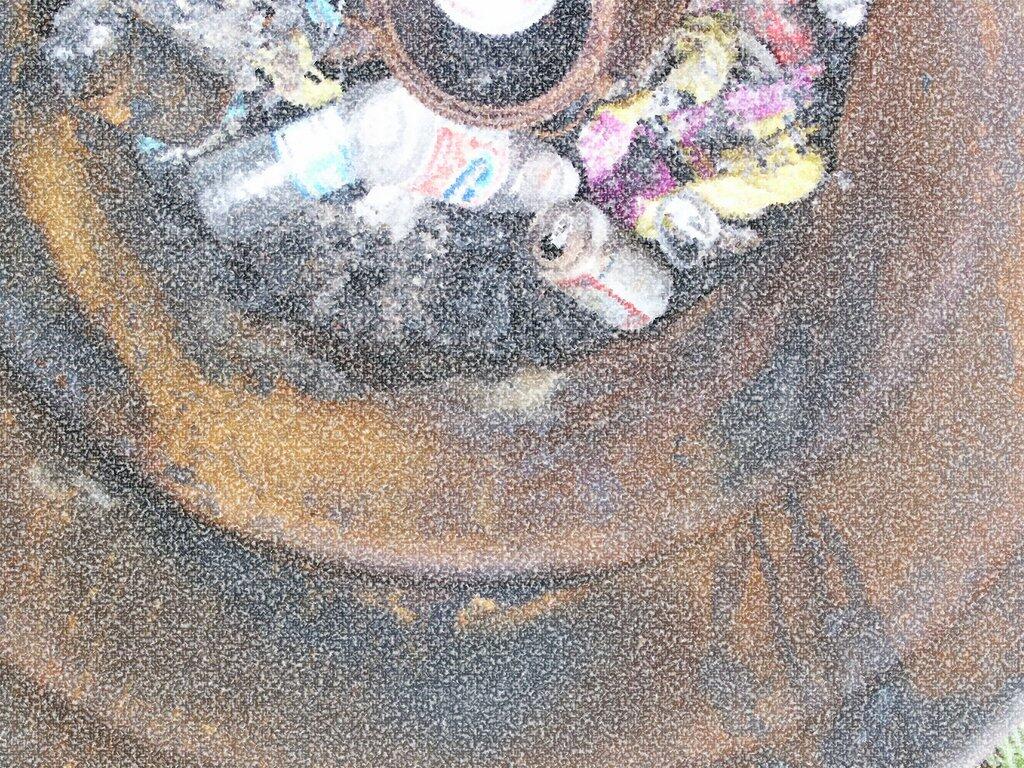There are certain industries in our country that we as a society believe should be private. These include the production of materials and physical products. Services such as telephone and cable television service we also agree should be private but highly regulated by government to ensure that they are affordable and reliable.
In contrast are those services that would otherwise not be provided for by the market or are indivisible, are generally believed best handled by the government. This includes public assistance for the needy, and ‘free’ highways to drive our cars on. We also have government provide services or facilities at low or no cost that we believe better serve our society. These include state parks for recreation, and libraries for learning.

Trash disposal doesn’t fall nicely into the categories which make up things we generally consider government services. Solid waste disposal is clearly a divisible service — you throw away a specific amount of trash. We are more then willing to pay for this service as nobody wants rotting garbage around, nor do they want to smell smouldering toxic trash in a city. We also don’t generally believe that government should be encouraging the generation of waste.
Trash disposal should instead be highly regulated, but private service. Waste disposal is an industry fought with problems. Waste can pose a variety of environmental threats as it can contain many toxins and other dangerous materials that when released to the environment can cause problems. Particularly with the mass-collection of solid waste this can be a serious concern.
Having government in the business of disposal of trash is a clear conflict of interest. It is difficult for government to regulate other governments, even when there are laws in place to do so. There is immense political pressure from various levels of government not to regulate, along with lobbying at levels unseen with private industry. An industry lobbyist can say a regulation hurts their bottom line, but they aren’t as convincing as government saying a regulation hurts themselves.
Governments also have tools like eminent domain and immense political power to sit landfills where they are unwanted. In contrast, private industry must find a community willing to site a landfill before they can build one. They must convince a local community, that the benefits of dumping trash on their land exceed the consequences of dumping. Governments often do not have to do that.

There should be no cap on the price of disposal of solid waste or cap on tipping fees at landfill, instead it should be whatever the market will bear. Government should set high standards for landfills, and enforce them. These standards will raise the price of trash disposal, and will encourage large generators to find alternatives to land disposal or incineration of waste.
Recycling and waste reduction should be aggressively promoted by government. If a government feels that disposal of waste should be a public service, then they should be in the recycling business, collecting recyclables and finding the most profitable way to beneficially use them. Government should show that recycling saves money, and requires less regulation then disposal. While recycling can and often does produce toxins, it’s a superior alternative that can reduce both energy use and costs to the public.
We all agree that landfills are troubling neighbours and can be quite polluting. It doesn’t make sense for government to be subsidising them. We don’t have governments selling alcohol and tobacco, then why should we have government selling landfill space? Landfills and incinerators should be privately owned and highly regulated.




